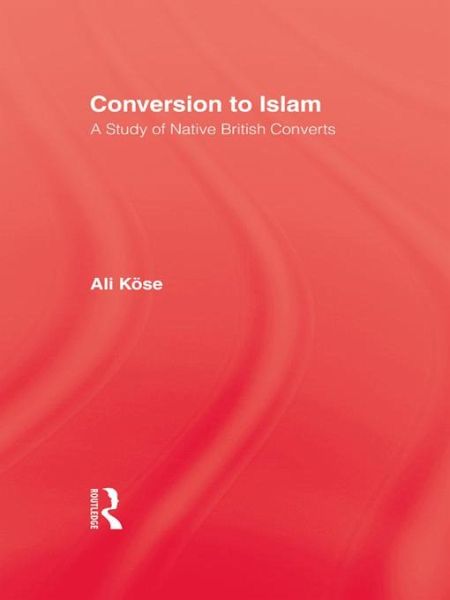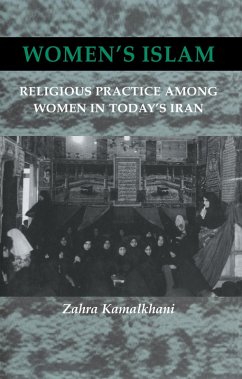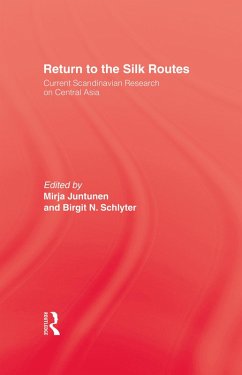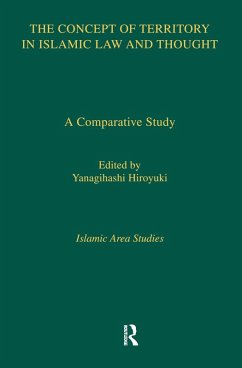
Conversion To Islam (eBook, PDF)
Versandkostenfrei!
Sofort per Download lieferbar
36,95 €
inkl. MwSt.
Weitere Ausgaben:

PAYBACK Punkte
18 °P sammeln!
First Published in 1996. Religious conversion is an immensely complex phenomenon. The term comprises such diverse experiences as increased devotion within the same religious structure, a shift from no religious commitment to a devout religious life, or a change from one religion to another. This study focuses on the conversion experiences of 70 native British converts to Islam. It addresses the following questions - why do people become Muslims, what are the backgrounds of the converts, what are the patterns of conversion to Islam, and how far are existing conversion theories applicable to the...
First Published in 1996. Religious conversion is an immensely complex phenomenon. The term comprises such diverse experiences as increased devotion within the same religious structure, a shift from no religious commitment to a devout religious life, or a change from one religion to another. This study focuses on the conversion experiences of 70 native British converts to Islam. It addresses the following questions - why do people become Muslims, what are the backgrounds of the converts, what are the patterns of conversion to Islam, and how far are existing conversion theories applicable to the group under study. The full range of social and psychological forces at work in the conversion experience are examined with reference to the converts, whose whole life history - childhood, adolescent experiences and the conversion process itself - were examined in detail. Chapter 1 deals with the history and present situation of both life-long Muslims and converts living in Britain. Chapter 2 focuses on childhood and adolescent experiences reviewing the psychological and sociological theories of conversion and attempts to find out how far these theories are applicable to the converts to Islam. Chapter 3 examines the backgrounds of the converts regarding religion. It then analyzes the immediate antecedents of the conversion as well as the conversion process, focussing on version motifs. A conversion process model is also developed in this chapter. Chapter 4 looks at the post-conversion period to find out what changes the converts underwent. It also examines the relationship between converts, their parents and society at large. Chapter 5 reveals the findings on conversion through Sufism. Comparisons between conversion through Sufism and through new religious movements in the West are also made. This study should be an important addition to the study of religious conversion, as conversion to Islam either from outside or within Islam is widely neglected in the literature.
Dieser Download kann aus rechtlichen Gründen nur mit Rechnungsadresse in A, B, BG, CY, CZ, D, DK, EW, E, FIN, F, GR, HR, H, IRL, I, LT, L, LR, M, NL, PL, P, R, S, SLO, SK ausgeliefert werden.













